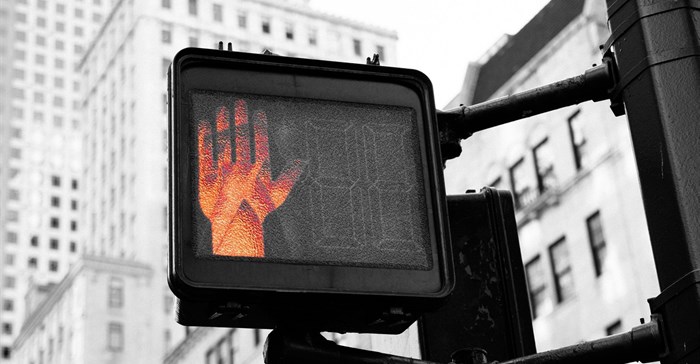Top stories



Marketing & MediaHow Spar is using localised marketing to redefine the urban retail experience
Karabo Ledwaba 1 day



More news




ESG & Sustainability
How South Africa’s conservation efforts can thrive with Indian partnership










Brands have come to rely heavily on influencers in a way that gives them very little margin to piss them off. Celebrities used to be “the right call” when it came to brand ambassadors and representatives, but now it’s the people on the ground. And do you know what people on the ground like to do? Talk. If your brand pisses them off, they’re likely telling everyone.
It gets complicated when a brand curates content on behalf of their client (owner of the product) and in the scenario, it’s the responsibility of both to protect the influencer. I can’t stress the importance of the double-check before you publish content. As a content creator and an online influencer, this is even more insulting. And illegal.
If I walked into a shop, picked something up and casually walked out with it, I’d likely be arrested. If I trawl the internet, save a picture and casually claim it as my own, I’d likely get away with it. That’s the mindset of a lot of brands anyway and it has to change. The internet is a huge, unmanageable thing and it’s only getting bigger. All the more reason to play nicely.
If brands don’t protect their influencers, legally and ethically, influencers won’t protect the brand. If your influencers don’t even trust you, you can’t expect anyone else to have faith in your brand.
Brands owe it to influencers for a number of reasons:
Now, I specifically haven’t named and shamed here because I don’t think it’s necessary. There are enough people who’ve experienced this not to make an example. A few quick notes to brands and influencers:
I guess this is a plea: please stop stealing my content. Stop stealing anyone’s content. Ask permission, build stronger relationships and respect the people that support you.